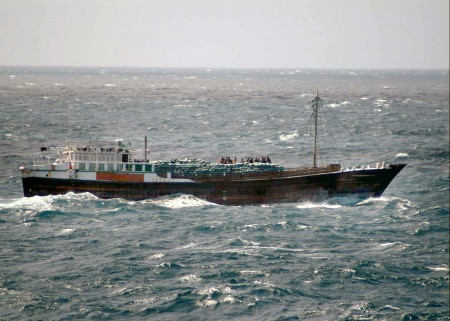
Over the past two decades, piracy activities in Southeast Asia have been recognized as a serious threat to regional security. While states have played a leading role in fighting maritime piracy, anti-piracy nongovernmental organizations (NGOs)—ranging from industry and seafarer associations to think tanks and Track II scholarly networks—have also been influential in addressing this problem. These NGOs, especially the International Maritime Bureau (IMB), were able to successfully portray piracy as a threat to navigational safety, maritime trade, energy security, and a potential source of terrorism. The pressure exerted by NGOs on littoral governments in Southeast Asia resulted in greater state-to-state and regional military cooperation, as exemplified by the 2004 landmark maritime initiative between Malaysia, Singapore, and Indonesia—MALSINDO—to patrol the Strait of Malacca. Operation MALSINDO has been successful in curbing the number of pirate attacks and industry watchers assume that the current approach is working.
